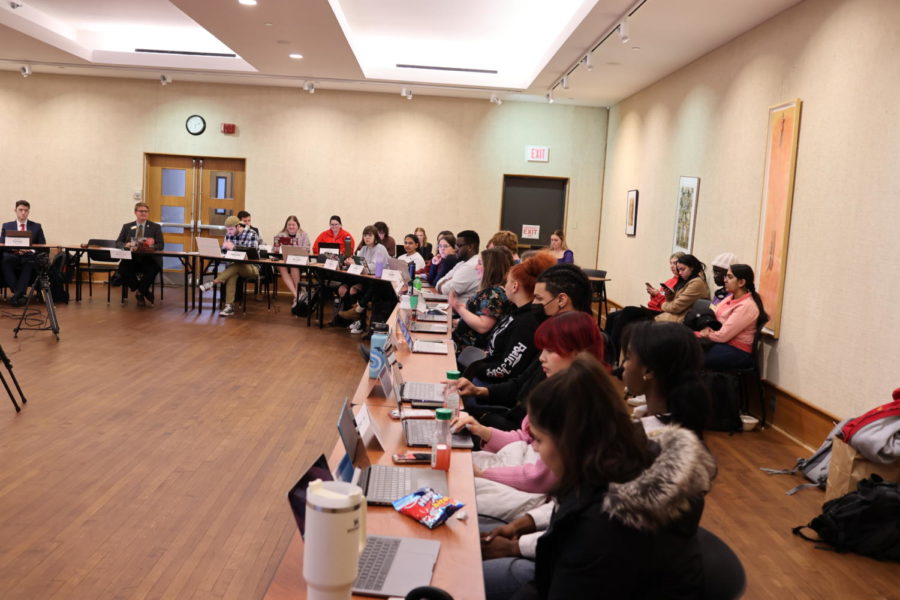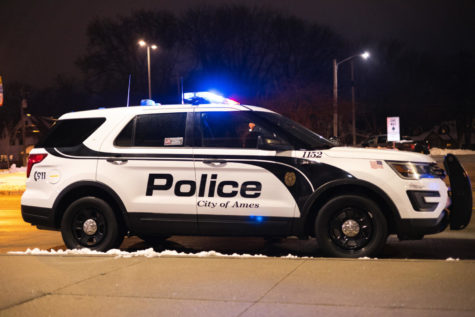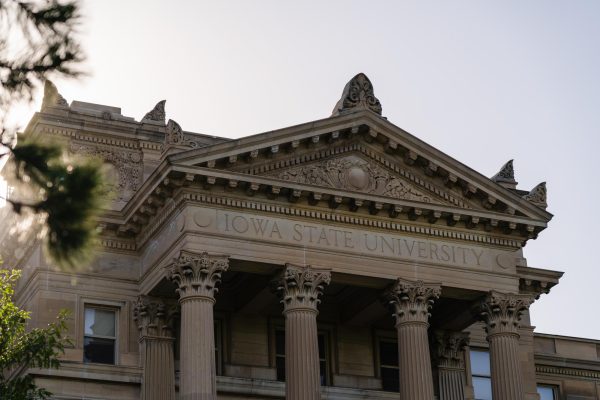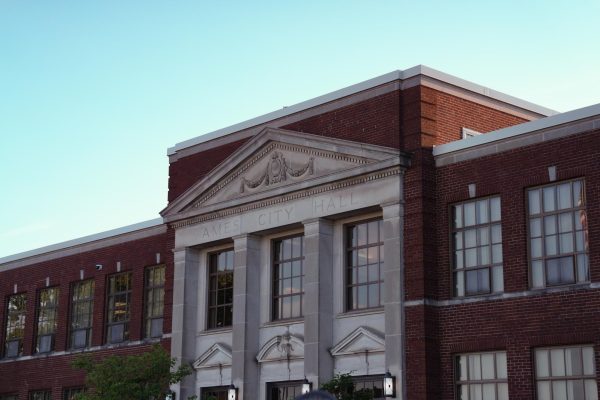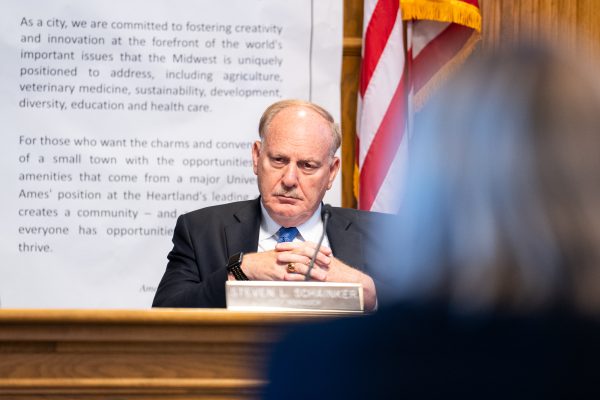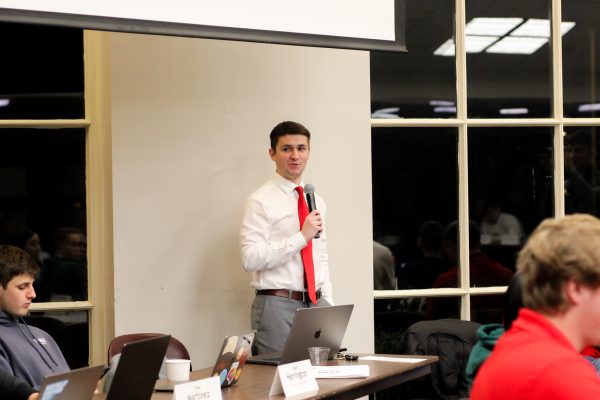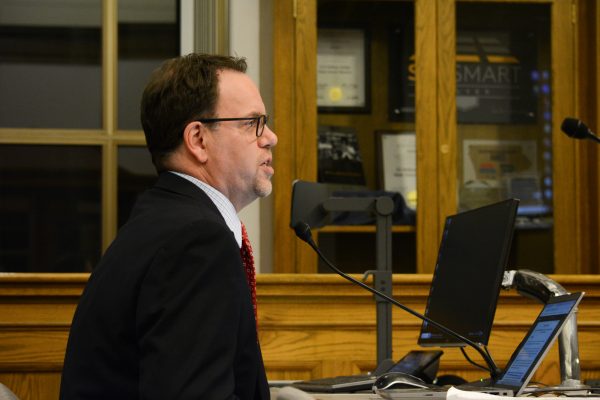StuGov votes to amends constitution to alter supreme court meeting quorum
Student Government meeting on Jan. 25, 2023.
Editor’s note: This article was update to clarify the amendment has not passed until the student body votes on the change to the supreme court quorum. The article was also corrected to state the amendment will allow the supreme court to meet quorum based on two-thirds of the number of justices currently serving.
StuGov moved to unanimously amend the constitution to change the quorum necessary for supreme court meetings. The amendment won’t take effect until the Student Government elections when the student body has the opportunity to approve or deny the change.
The supreme court currently calls for all meetings to have a minimum of six justices present to attain quorum or be considered valid. Vice Speaker Andrew Brueck, a senior majoring in political science, introduced this bill because the constitution is currently impeding the supreme court’s ability to meet when there are vacancies within the court.
There are currently six judges sitting on the court; however, many of these seats will become vacant by the fall semester.
“It’s a pretty simple change, and I hope we can agree on it,” Brueck said.
The Senate voted to pass this movement 26-0. If this passes on a vote to the student body, the quorum for the court to meet will be based on two-thirds of the number of justices currently serving.
New business
The Senate saw a bill introduced by Residence Hall Senator Kolton Eisma, a sophomore majoring in agricultural business, to grant the supreme court $345.60 for the creation of posters advertising their open seats.
The Supreme Court is asking for 288 posters to fill each poster location across campus. The cost per poster is $1.20 for 288 posters.
Confirmations
Mia Kawamitsu, a senior majoring in journalism and mass communications and international studies, was confirmed as Director of International Student Experience.
Kawamitsu previously served on the International Student Council in executive and ambassador roles. She also helped lead U ST 110, a first-year seminar designed for international students. In addition to leadership roles, Kawamitsu also recently completed a semester abroad in Seoul, South Korea.
Kawamitsu proposed projects including the reintroduction of the shuttle bus project which gave shuttle bus tickets to the Des Moines airport to international students, allowing them to fly to their home countries over breaks. She also hopes to promote transparency in international students’ tuition and scholarships, as she believes that this is currently lacking.
Kawamitsu also proposed an international students club fair and the showing of international movies at Cyclone Cinema as well as the continuation of international students’ town halls.
“I have one last year at Iowa State, and I’ve dedicated my entire time at Iowa State so far to bettering the international student community, and I would love to be a part of student government through this role to see these projects I have in mind come to fruition,” Kawamitsu said.
Erik Braun, a junior majoring in mechanical engineering, was confirmed as an engineering senator.
Braun currently serves as the president of Delta Sigma Phi and hopes to incorporate more of the greek community into the Iowa State community.
“I believe there’s a lot of potential with the Greek community; I believe that a lot of people can do good work within that community,” Braun said. “As of right now there’s about 2,000 people, and most of them don’t do the work that we represent ourselves as.”
Within the engineering community, Braun said he hopes to introduce more engineering events, as well as leadership opportunities for engineering students. He also said that he hopes to work with engineering students on improving mental health issues in the community. He is also interested in joining the local affairs committee.
Your donation will support the student journalists of the Iowa State Daily. Your contribution will allow us to purchase equipment, send our student journalists to conferences and off-set their cost of living so they can continue to do best-in-the-nation work at the Iowa State Daily.


